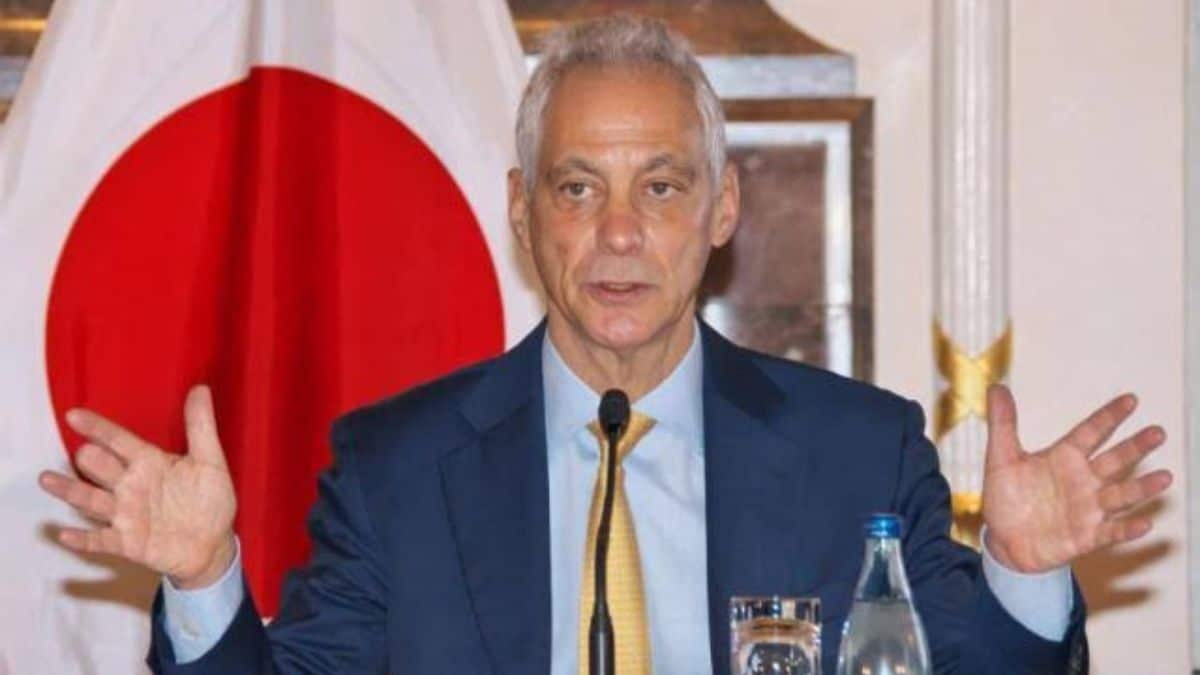Ambassadors from the Group of Seven (G7) nations will be absent from the annual atomic bomb commemoration in Nagasaki this Friday. The decision, revealed by The Yomiuri Shimbun, stems from a dispute over the city’s decision not to extend an invitation to Israel.
The G7 countries—namely the United States, Britain, Germany, France, Italy, and Canada—have expressed their discontent through a joint letter dated July 19. The letter criticizes Nagasaki’s exclusion of Israel from the ceremony, which commemorates the atomic bombing of the city during World War II. The ambassadors argue that this exclusion unfairly aligns Israel with nations like Russia and Belarus, which are criticized for their roles in ongoing international conflicts.
Nagasaki’s decision, announced on July 31, to omit Israel from the guest list was influenced by international criticism of the Israeli military’s actions in Gaza. The city, instead, extended an invitation to the Permanent General Mission of Palestine in Japan, with a senior official expected to attend.
Nagasaki Mayor Shiro Suzuki defended the decision, emphasizing that it was made to preserve the ceremony’s focus on peace rather than to spark political discord. “I made a difficult decision not for political reasons but to ensure the ceremony can be conducted peacefully,” Suzuki stated.
The absence of G7 ambassadors will be marked by the presence of counselors and consuls from these nations, who will attend in place of their senior diplomatic counterparts. Tamashii Honda, 80, chairperson of the association of Nagasaki atomic bomb bereaved families, expressed disappointment, stating that the absence of high-level representatives diminishes the ceremony’s significance as a symbol of peace amid ongoing global conflicts.
In contrast, Hiroshima’s peace memorial ceremony earlier this week included an invitation to Israel and saw attendance from ambassadors including those from the United States and Britain. Hiroshima reported receiving approximately 320 emails and letters regarding Israel’s participation, the majority of which were critical.

